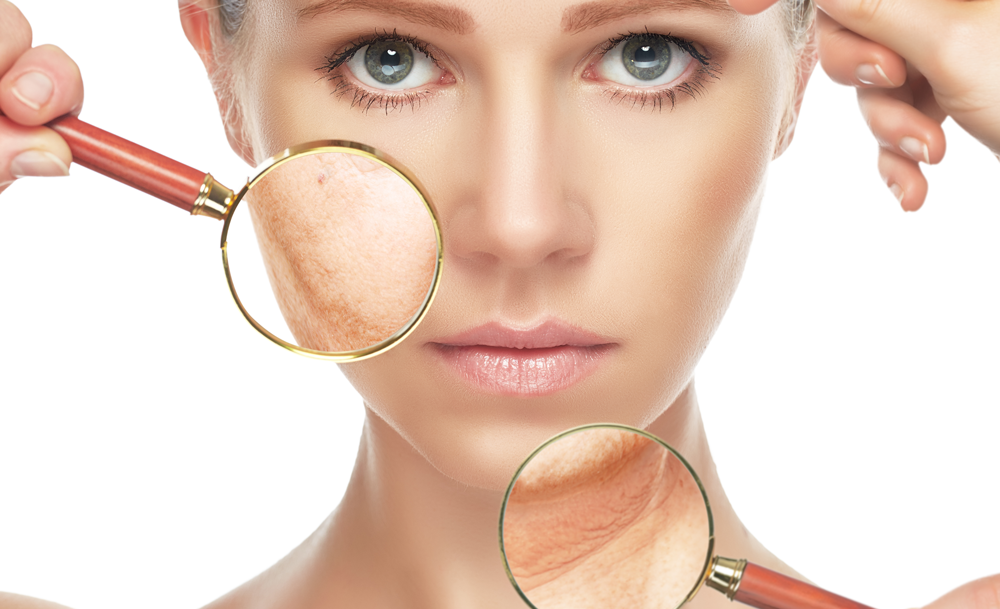Learn from Top-Rated Dermatologists: Expert Tips, Insights, and Skincare Advice
Dermatology is a branch of medicine focused on diagnosing and treating skin, hair, and nail conditions. Skin is the body’s largest organ, playing a vital role in protecting us from environmental hazards, regulating temperature, and supporting immune function.
Whether it’s dealing with acne, eczema, or sun damage, dermatologists offer medical and cosmetic solutions backed by science. Their expertise helps individuals manage chronic skin issues, detect serious conditions like skin cancer early, and maintain healthier skin through preventive care and personalized advice.

Why Skincare Guidance Is Crucial Today
Modern lifestyles, pollution, stress, dietary habits, and increasing screen time have made skin issues more widespread. Millions suffer from acne, hyperpigmentation, premature aging, and sensitive skin conditions without proper guidance.
Who Benefits:
-
Teens and young adults: Managing acne, oiliness, and hormonal skin changes
-
Adults: Addressing fine lines, sun damage, and work-related stress on skin
-
Seniors: Coping with thinning, dryness, and age spots
-
People with skin disorders: Eczema, psoriasis, vitiligo, rosacea, and more
Common problems dermatologists help solve:
-
Chronic acne or breakouts that don’t respond to over-the-counter products
-
Early signs of skin cancer like irregular moles or lesions
-
Skin reactions due to allergens or medications
-
Managing skin aging in a safe, non-invasive way
Seeking professional skincare advice helps avoid trial-and-error treatments and ensures safe, effective results.
Recent Skincare Trends and Expert Insights
The dermatology field continues to evolve with innovations in ingredients, diagnostics, and consumer behavior. In the last year, several new trends have reshaped how both professionals and the public approach skincare.
Key updates from 2024–2025:
| Trend | Description |
|---|---|
| AI-Powered Skin Analysis | Apps and tools using AI to scan and assess skin conditions for personalized routines. |
| Barrier Repair Products | Growing popularity of ceramides, peptides, and niacinamide to strengthen skin barrier. |
| Sustainable Dermatology | Eco-conscious brands offering dermatologically tested products with minimal environmental impact. |
| Skin Minimalism | Less-is-more skincare gaining traction—fewer steps, better results. |
| Teledermatology | Rise of virtual skin consultations through secure video platforms, especially in rural and underserved areas. |
Skin Health Regulations and Guidelines
In most countries, dermatology is governed by health regulations that ensure consumer safety, especially concerning product ingredients and medical treatments.
India:
-
The Drugs and Cosmetics Act (1940) regulates the import, manufacture, and sale of skincare products and cosmetic procedures.
-
The Medical Council of India licenses dermatologists, requiring postgraduate degrees (MD Dermatology).
-
All prescription skincare (e.g., retinoids, steroids) must be recommended by registered professionals.
United States:
-
The FDA (Food and Drug Administration) oversees skincare ingredients, labeling, and safety.
-
Cosmetic treatments like chemical peels or injectables must be performed by licensed professionals.
-
HIPAA-compliant platforms are required for teledermatology to protect patient data.
Europe:
-
The EU Cosmetics Regulation (EC 1223/2009) controls the use of certain ingredients.
-
CE marking is mandatory for skincare devices sold in the EU.
-
Online skin advice must follow GDPR data privacy norms.
Consumers are encouraged to check for dermatologist approval or certification when choosing products and treatments.
Tools and Resources for Better Skin Care
There are numerous reliable tools, apps, and websites to guide you in building and maintaining a skincare routine. Below are some of the most useful:
Dermatologist-Recommended Apps
-
SkinVision – An app that uses AI to assess moles and detect skin cancer risks
-
Aysa – Helps identify skin conditions based on uploaded photos and symptoms
-
MDacne – Provides acne treatment plans designed by dermatologists
Websites and Databases
-
AAD.org (American Academy of Dermatology): Free resources, tips, and guidance
-
DermNet.org: Trusted medical information about skin conditions
-
PubChem / INCI Decoder: Ingredient database to understand what’s in your products
Product Checklists
Before buying skincare, consider this quick checklist:
-
Is it fragrance-free or non-comedogenic for sensitive skin?
-
Does it include SPF 30 or higher for daily use?
-
Has it been dermatologist-tested or approved?
-
Are the ingredients appropriate for your skin type (oily, dry, combination, sensitive)?
Using these tools can help avoid harmful ingredients and better tailor your skincare.
Frequently Asked Questions (FAQs)
Q1. How often should I visit a dermatologist?
It’s generally advised to visit once a year for a full-body skin check, or sooner if you notice unusual moles, rashes, or persistent skin issues.
Q2. Is it safe to follow skincare advice from social media influencers?
While some may provide useful tips, only board-certified dermatologists are qualified to give medical skincare advice. Always cross-check with reputable sources or professionals.
Q3. What is the best basic skincare routine for most people?
A simple and effective routine includes:
-
Cleanser
-
Moisturizer
-
Sunscreen in the morning
-
Optionally, retinoids or serums at night depending on skin type
Q4. Are natural or DIY skincare treatments safe?
Some are mild and harmless (like oatmeal masks), but others can irritate or damage skin. Avoid lemon, baking soda, or undiluted essential oils without guidance.
Q5. How can I tell what my skin type is?
Wash your face, wait an hour without applying anything, then check:
-
Shiny and oily: Oily skin
-
Tight or flaky: Dry skin
-
Oily in T-zone, dry elsewhere: Combination
-
No major issues or discomfort: Normal
Understanding your skin type helps choose the right products and avoid adverse effects.
Conclusion
Dermatologists are vital allies in maintaining healthy skin at every age. With science-backed knowledge, personalized care, and access to evolving tools, you don’t have to navigate skincare challenges alone. Whether you're tackling chronic acne or simply aiming for a more radiant complexion, expert insights can guide you toward safer and more effective choices.
Instead of relying solely on trends or unverified advice, take the time to learn from qualified dermatologists and trusted resources. Your skin will thank you.
